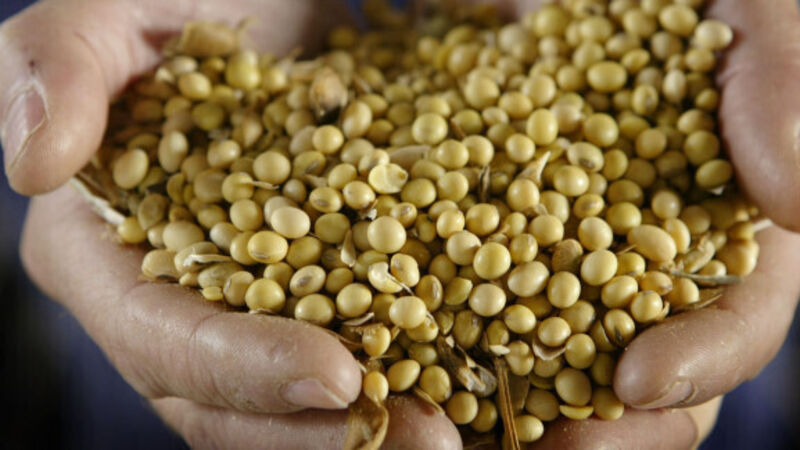EU states free to choose on GM cultivation

The vote has won a mixed response from lobbyists on both sides of a long-running debate. While EU states can opt out of any eventual GM approvals, environmental campaigners say the new law is not robust enough. Some figures in the GM industry are also unhappy, and say the compromise means countries can to reject GM crops for unscientific reasons.
Mairead McGuinness, MEP and one of 14 vice-presidents of the European Parliament, said the vote helps establish a two-phase approach to EU states opting to ban GMO (genetically modified organism) planting on their own soil.










